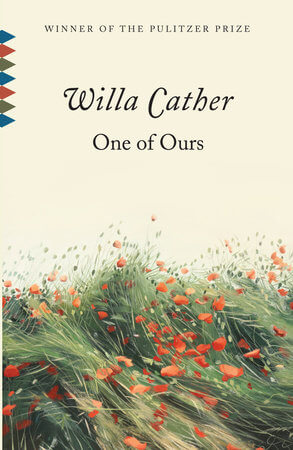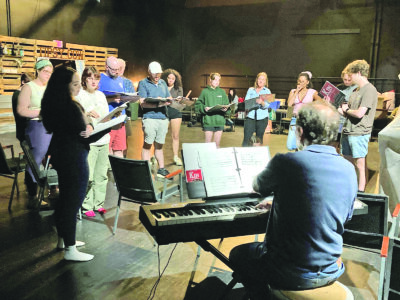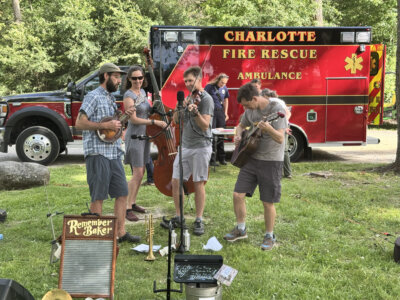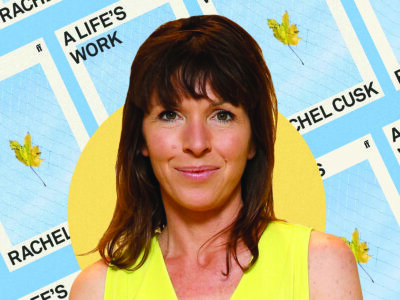Books that can bring a welcome change of mental venue
It is a difficult time for this world. Violence in Ukraine, grim climate news, crazy democracy-toppling shenanigans kicking up in this country and others.
I am not going to go on and on. You read the news. You know what’s up. You know there’s trouble afoot and trouble brewing. And yet, I am thinking, if you are reading this article now, likely you are finding escape, solace, respite, relief, peace, wisdom — who knows what exactly — in the book that is now sitting on your bedside table, quietly waiting in a beam of sunlight for your return.
 The novel waiting on my bedside table right now is Willa Cather’s “One of Ours,” which I picked at a second-hand bookstore in Harvard Square around New Year’s. While chatting with the cashier at checkout, I mentioned to him that the store reminded me of our local Burlington Crow Book Shop on Church Street. I told him that the Crow has a similar feel to the Raven.
The novel waiting on my bedside table right now is Willa Cather’s “One of Ours,” which I picked at a second-hand bookstore in Harvard Square around New Year’s. While chatting with the cashier at checkout, I mentioned to him that the store reminded me of our local Burlington Crow Book Shop on Church Street. I told him that the Crow has a similar feel to the Raven.
Yes, he said, he knew of the store; he owned it. So, for those of you who didn’t know, there is a sister store of the Crow in Harvard Square (also rather coincidentally located on Church Street). It’s a bit bigger and it has more books. Do check it out if ever you are in the area!
Why I plucked this paperback from my bookshelf when I did is a mystery even to me, but the timing was perfect. As we pray and wring our hands over escalating violence in Ukraine and blanch with horror and revulsion at new revelations regarding the Jan. 6 insurrection, not to mention fret over the coronavirus and the recent, hopefully not premature, unmasking of many of us, this book has me whisked off to Nebraska in the early 1900s. A welcome change of venue.
The hero, Claude Wheeler, is a complex, sensitive soul who lives on a farm, has always lived on a farm and is expected to take over the farm from his father, though he doesn’t find much meaning or value, thank you very much, in farming.
I don’t want to idealize the good old days because of course I know as well as you that they weren’t all good. Farming wasn’t an easy profession back then, nor is it now, and in the second half of this novel, the country is on the cusp of entering into the First World War, although no one is calling it that yet. But despite all this, this novel takes one back to a slower time, a time before human beings had desecrated the earth, a time before climate change, air pollution, microplastics, rising sea levels, melting glaciers and the hovering menace of nuclear war — a time when nature felt vibrant, full and nourishing and healthy, a time when women, men and children were living in a more harmonious relationship with the natural world.
“Every morning the sun came up a red ball, quickly drank the dew and started a quivering excitement in all living things,” Cather writes.
I found the descriptions of farming life, fields of wheat and corn, home-cooked suppers, winter sleigh rides, etcetera calming and steadying, but this is not to say “One of Ours” is a simple, placid read. The characters and their overlapping relationships are nuanced and interesting, by no means all sweetness and light. Claude is a layered, sometimes torn person, and what he wants from life is blurry at times even to himself, but his process is compelling. And his nature … well, it resonates … with me and perhaps with anyone who has ever been 23. An excerpt, which seems eerily on point for these days and this time:
“Claude walked as far as the Yoeders’ place … and came back across the snow-drifted fields, under the frosty brilliance of the winter stars. As he looked up at them, he felt more than ever that they must have something to do with the fate of nations, and with the incomprehensible things that were happening in the world. In the ordered universe there must be some mind that read the riddle of this one unhappy planet, that knew what was forming in the dark eclipse of this hour. A question hung in the air; over all this quiet land about him, over him, over his mother, even. He was afraid for his country, as he had been that night on the State House steps in Denver, when the war was undreamed of, hidden in the womb of time.”
This book won the Pulitzer Prize in 1923. Before my parents were even born. Though published 100 years ago, still it is relevant to and resonant with this time. Not without complexity and sadness, I found it also nourishing and soothing to the soul. Beautiful writing.
Another book, more recently written, but which also takes place in an earlier time, that I highly recommend you give a whirl is “The Lincoln Highway” by Amor Towles, who also wrote “Rules of Civility” and “A Gentleman in Moscow” (which seems to be on almost everyone’s Top 10 list).
Towles’ latest novel is a romp — an adventure story that’s a little bit funny, a little bit dark, a little bit exciting, a little bit touching, a little bit unnerving, a little bit unsettling, a little bit heartbreaking and a little bit heart-warming. All at once. Great book club read. That’s how I found out about it.
Interestingly, the epigraph of “The Lincoln Highway” is from Willa Cather’s “O Pioneers!”:
“Evening and the flat land,
Rich and somber and always silent,
The miles of fresh-plowed soil,
Heavy and black, full of strength and harshness,
The growing wheat, the growing weeds,
The toiling horses, the tired men,
The long empty roads,
Sullen fires of sunset, fading,
The eternal, unresponsive sky
Against all this, Youth …”
Till next time, happy reading and peace in Ukraine.
Related Stories
Popular Stories
If you enjoy The Charlotte News, please consider making a donation. Your gift will help us produce more stories like this. The majority of our budget comes from charitable contributions. Your gift helps sustain The Charlotte News, keeping it a free service for everyone in town. Thank you.
Andrew Zehner, Board Chair









